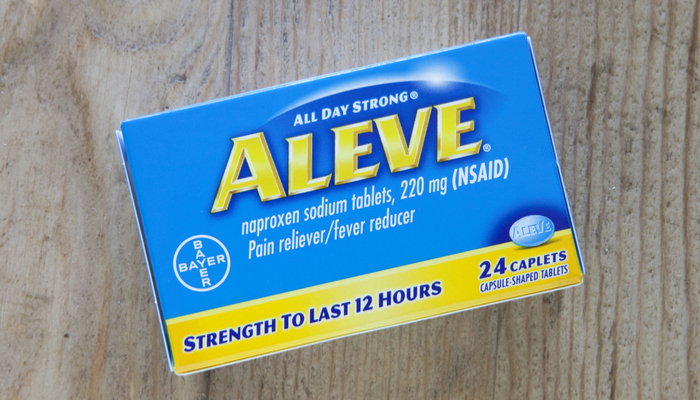This article was originally published in October 2018 and has since been updated.
It’s important to note that just because a drug doesn’t require a prescription doesn’t mean it’s harmless. A recent study has shown that taking ibuprofen and other NSAIDs, even for a short period, can have a negative impact on heart health.
NSAIDs are commonly used for pain relief, reducing inflammation, lowering fevers, and preventing blood clotting. Some common examples include ibuprofen, naproxen, aspirin, nabumetone, and COX-2 inhibitors.
Related Reading: Why You Should Never Give Advil to Kids with Chicken Pox
Study: Ibuprofen and other NSAIDs Increase Heart Attack Risk

A study conducted by Michèle Bally and her team revealed that all types of NSAIDs are associated with an increased risk of heart attack. Daily doses of certain NSAIDs were found to significantly elevate this risk, especially at the beginning of use.
It is recommended that individuals consult with their healthcare providers and ask questions before using NSAIDs for pain management, as the risk of heart attack is highest at the onset of use.
Is It Safe to Take a Daily Aspirin?
While a daily aspirin may prevent heart attacks in some cases, it is important to weigh the potential benefits against the risks of side effects. Recent studies have shown that daily aspirin use may not have protective effects for healthy individuals over the age of 65.
Before starting a daily aspirin regimen, individuals should consult with their healthcare providers to assess its safety based on their medical history and cardiovascular health.
Other Health Effects of NSAID Use

NSAID use is commonly associated with gastrointestinal problems such as stomach ulcers. Some reported side effects of NSAIDs include gas, bloating, heartburn, stomach pain, nausea, and dizziness.
Individuals with certain medical conditions should avoid taking over-the-counter painkillers without medical advice and approval.
Drug-Free Ways to Treat Pain
Considering the current opioid addiction crisis, it is essential to explore natural methods for managing chronic pain. Discover alternative pain management strategies to protect your health and well-being.






